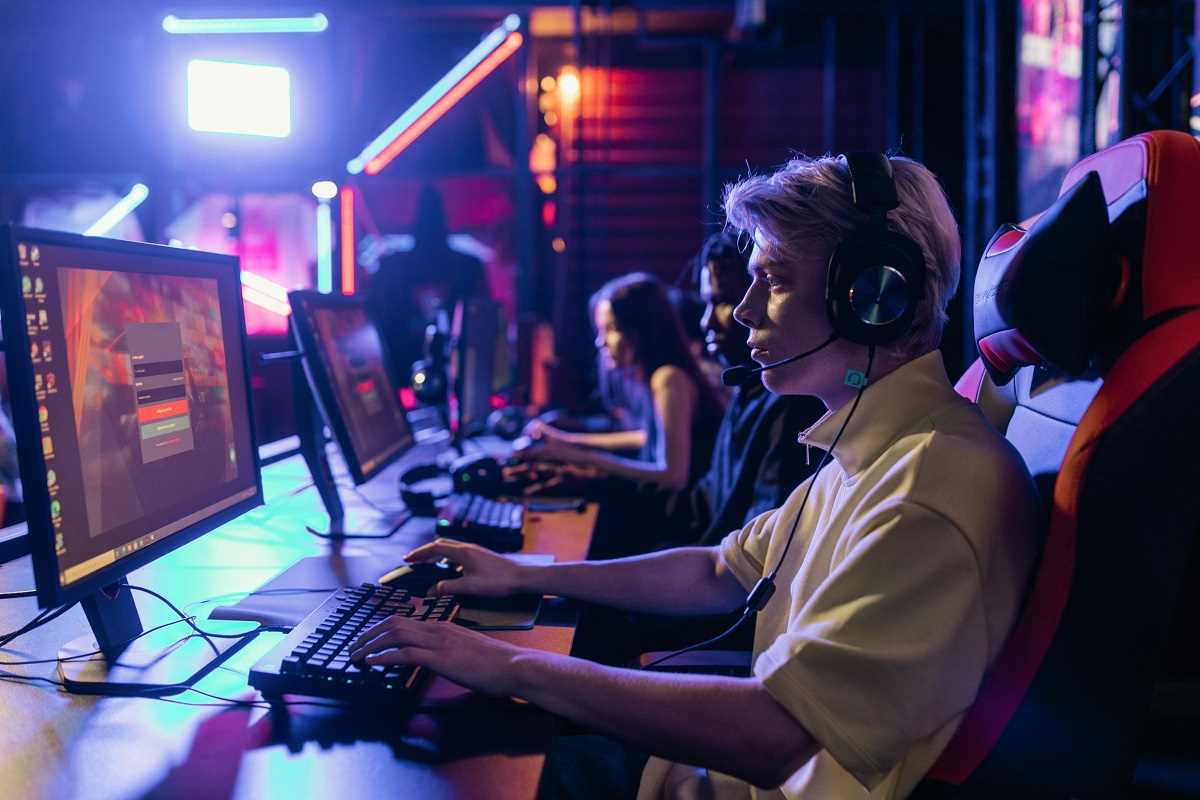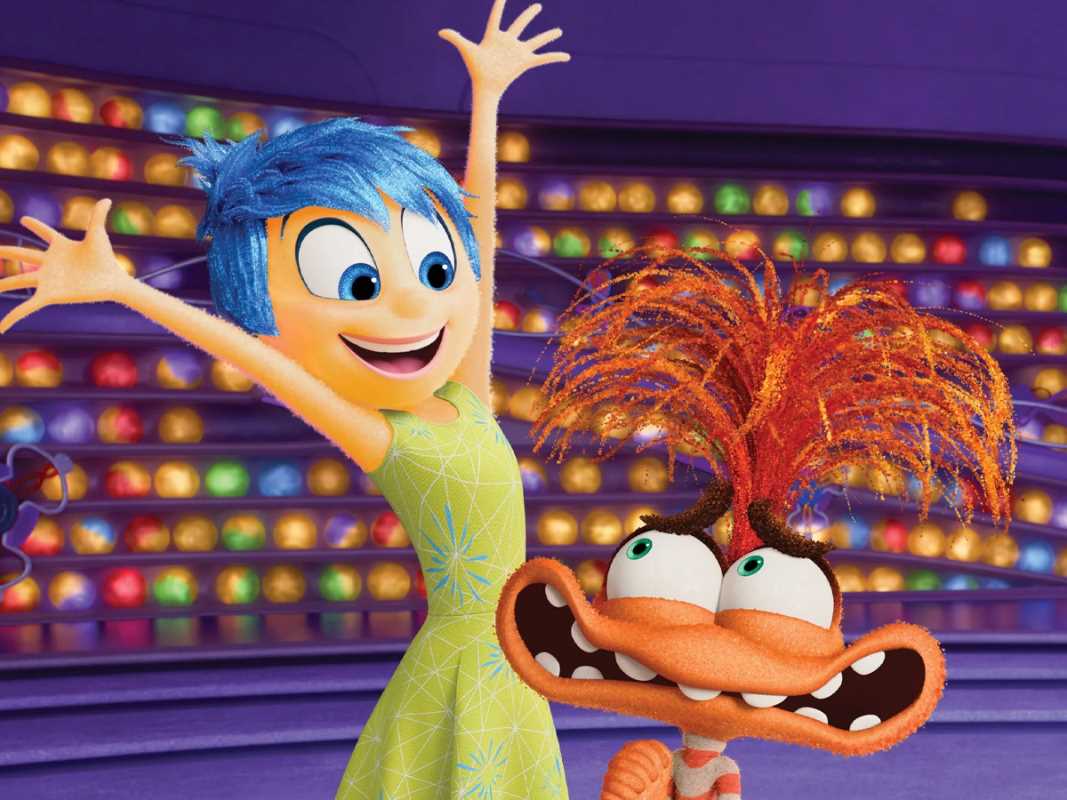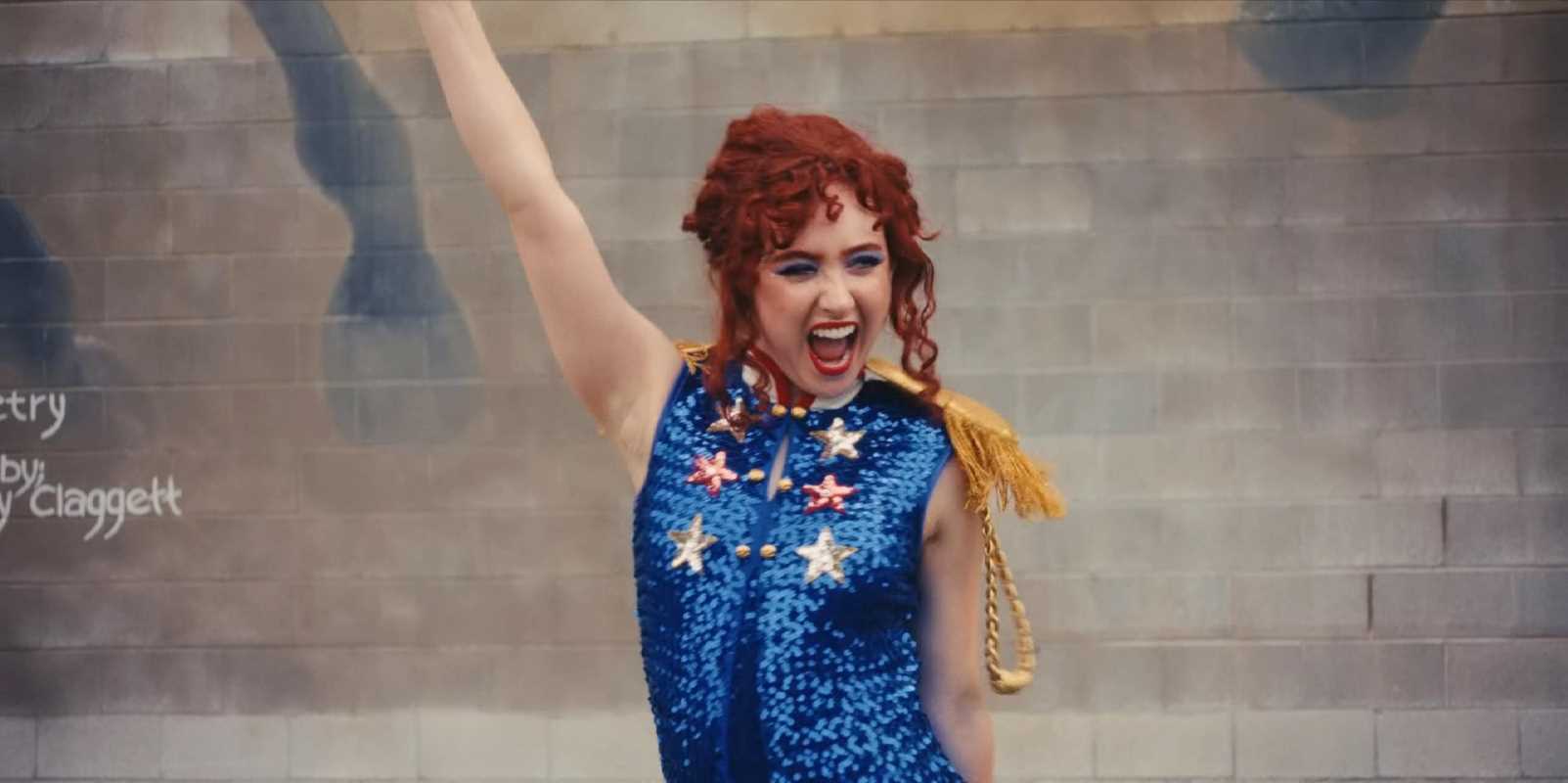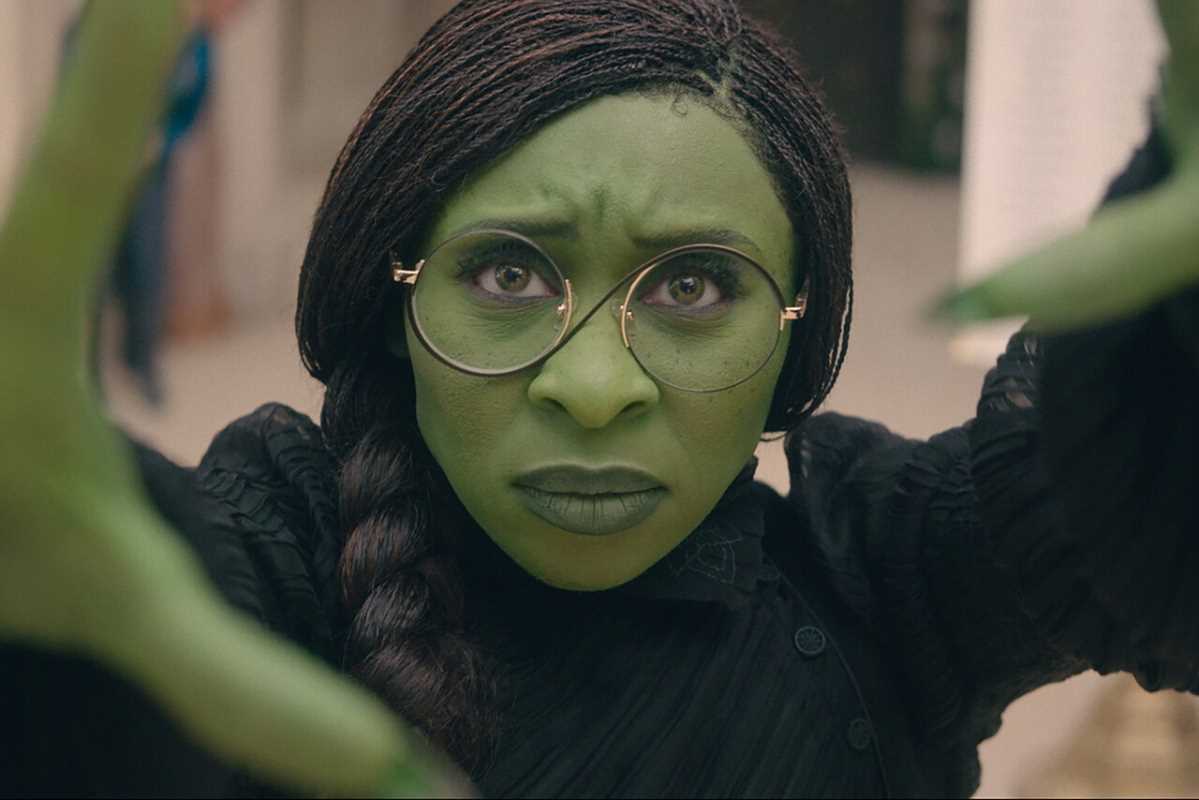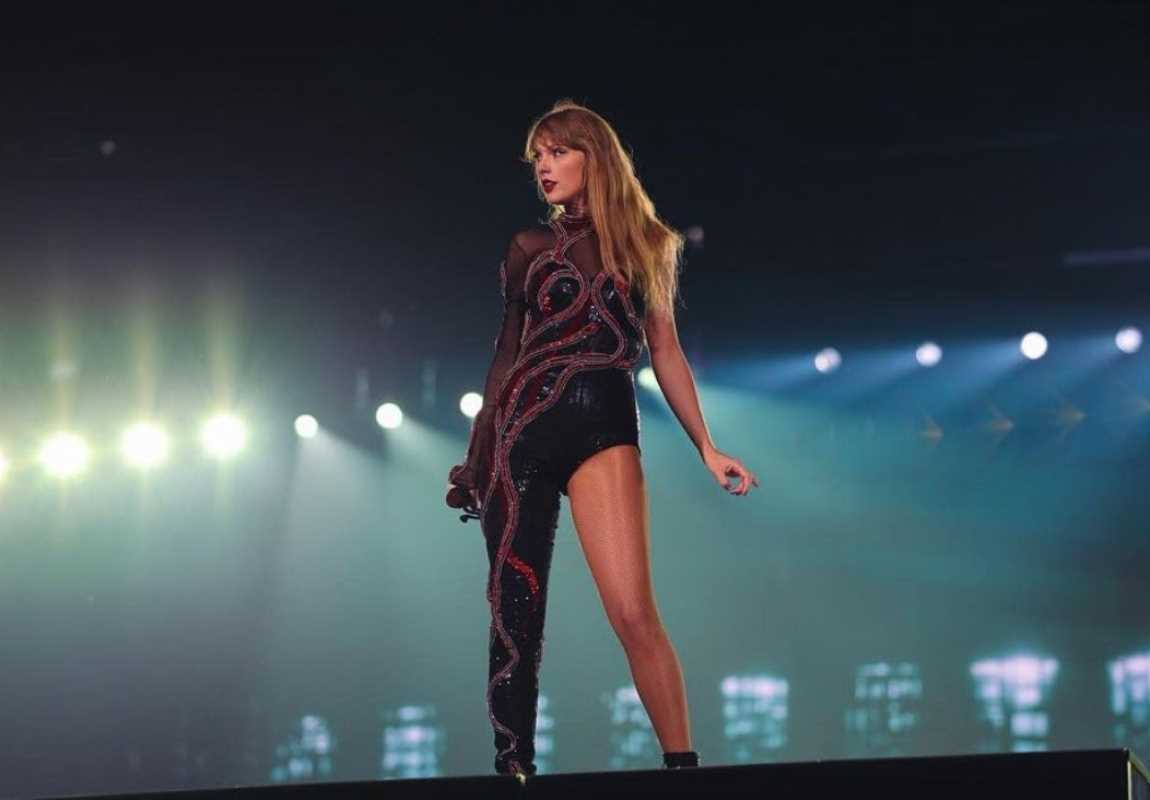Hollywood is experiencing a fascinating trend, and it’s all about video game adaptations. Stories from video games have started to dominate both big and small screens, proving they’re more than just side entertainment. Movies and TV shows based on games have shattered the "video game curse," where adaptations were often poorly received. Shows like The Last of Us and movies such as Sonic the Hedgehog and The Super Mario Bros. Movie have found incredible success. Upcoming releases like A Minecraft Movie and Mortal Kombat II show there’s no slowdown in sight. Audiences connect with these adaptations because they blend thrilling narratives and nostalgic moments loved by players.
Technology Making It Possible
The cinematic quality of modern games has influenced their transition into movies and TV shows. Games like The Last of Us and Uncharted already feel like blockbuster films with their lifelike graphics and polished storytelling. The advancement of CGI (computer-generated imagery) allows filmmakers to recreate fantastical game worlds and characters authentically.
Consider Sonic the Hedgehog. This adaptation used VFX to bring the speedy blue hero to life without feeling awkward or fake, while balancing realistic environments with cartoonish elements. Good graphics allow audiences to suspend disbelief and fully immerse themselves.
Technology has also helped actors bring depth to game characters. Motion capture records an actor's movements and expressions, making storytelling richer. In games like The Last of Us, actors such as Pedro Pascal and Bella Ramsey stepped into roles shaped by powerful performances in the original game.
The Pull of Gaming Culture
Gaming has grown from a hobby into a global phenomenon. What once belonged to a niche crowd is now a celebrated form of entertainment millions enjoy. It’s no surprise that Hollywood sees this as an opportunity. Successful games have fans, communities, and creators who treat these stories like cherished memories.
Everyone loves nostalgia. When The Super Mario Bros. Movie came out, it felt like revisiting childhood for many fans. Iconic soundtracks, familiar characters, and the colorful world of the Mushroom Kingdom brought joy to families and longtime gamers alike. The movie broke records and proved how much people crave a trip down memory lane.
Another aspect of gaming culture’s influence is its social nature. Streamers and content creators amplify these games, introducing millions of people to franchises before adaptations even hit productions. By the time a game-based movie is announced, audiences already feel connected to the material.
Memorable Stories That Lend Themselves to Hollywood
Video games have evolved into storytelling powerhouses. Decades ago, games were about simple objectives, like jumping on platforms or defeating enemies. They’ve since grown into emotionally rich narratives, as seen in The Last of Us, a zombie apocalypse tale about love, loss, and survival. The original game was praised for its cinematic feel, so adapting it into an HBO series was a natural fit.
Action and adventure games like Tomb Raider and Uncharted deliver the kind of high-stakes thrills that Hollywood loves. These stories, complete with daring heroes and legendary treasure hunts, practically beg for big-screen treatment. Both franchises prove how well video game storytelling translates to blockbuster formats.
Even more unconventional titles, like Minecraft, are scheduled to get their own adaptations. The block-building game might not have a detailed plot, but its possibilities are endless. This freedom gives filmmakers room to create original adventures while still capturing the spirit of the game.
The Super Mario Bros. Movie’s Breakout Success
Some movies stand out above the rest, and The Super Mario Bros. Movie is a prime example. This adaptation smashed box office records, becoming one of the highest-grossing animated films of all time. Instead of overcomplicating the plot, it kept things light and fun, which fit perfectly with the feel of the game.
Building familiarity into the movie also strengthened its connection to fans. Scenes packed with Easter eggs became moments of excitement. References to Mario Kart, Super Smash Bros., and even the original arcade games reminded fans why they fell in love with Mario in the first place.
The decision to appeal to families was another winning move. Kids enjoyed the colorful animation and humor, while parents got the nostalgia kick. This kind of wide-reaching appeal isn’t easy to achieve, making The Super Mario Bros. Movie a standout hit.
What Upcoming Adaptations Are Promising
The future holds plenty of exciting projects for fans of games and movies alike. A Minecraft Movie is set to explore the expansive world of Minecraft, showing audiences the creativity and wonder millions of players have experienced. Jason Momoa joins the cast, adding star power to the highly anticipated film.
Fans of action-packed games will look forward to Mortal Kombat II, following up on the brutal combat and engaging mythology of its first installment. The game’s signature larger-than-life characters and over-the-top fights provide the perfect mix for an electrifying cinematic experience.
Other projects like Horizon Zero Dawn and God of War, adapted for television, are set to explore their deeply intricate universes, giving long-form storytelling the chance to shine.
Hollywood is also pulling from newer franchises and newer takes on beloved classics. This mix of diverse projects will make sure that everyone has something to get excited about.
Video Games vs. Comic Book Movies
Hollywood's love for comic books has inspired countless successful franchises, from Marvel's Cinematic Universe to DC's onscreen characters. Video games are now paving a similar path. Both mediums lend themselves to bold characters, exciting worlds, and fandom-driven success.
The rise of video games in Hollywood doesn’t mean comic adaptations are shrinking. Instead, it reveals how audiences are open to different kinds of vivid, imaginative storytelling. With games becoming more cinematic, they have the potential to stand side-by-side as entertainment juggernauts.
Much like superhero movies dominated the 2010s, video game adaptations might define this next decade. Eventually, these adaptations could inspire their own immersive universes and franchises, creating new opportunities for connected storytelling.
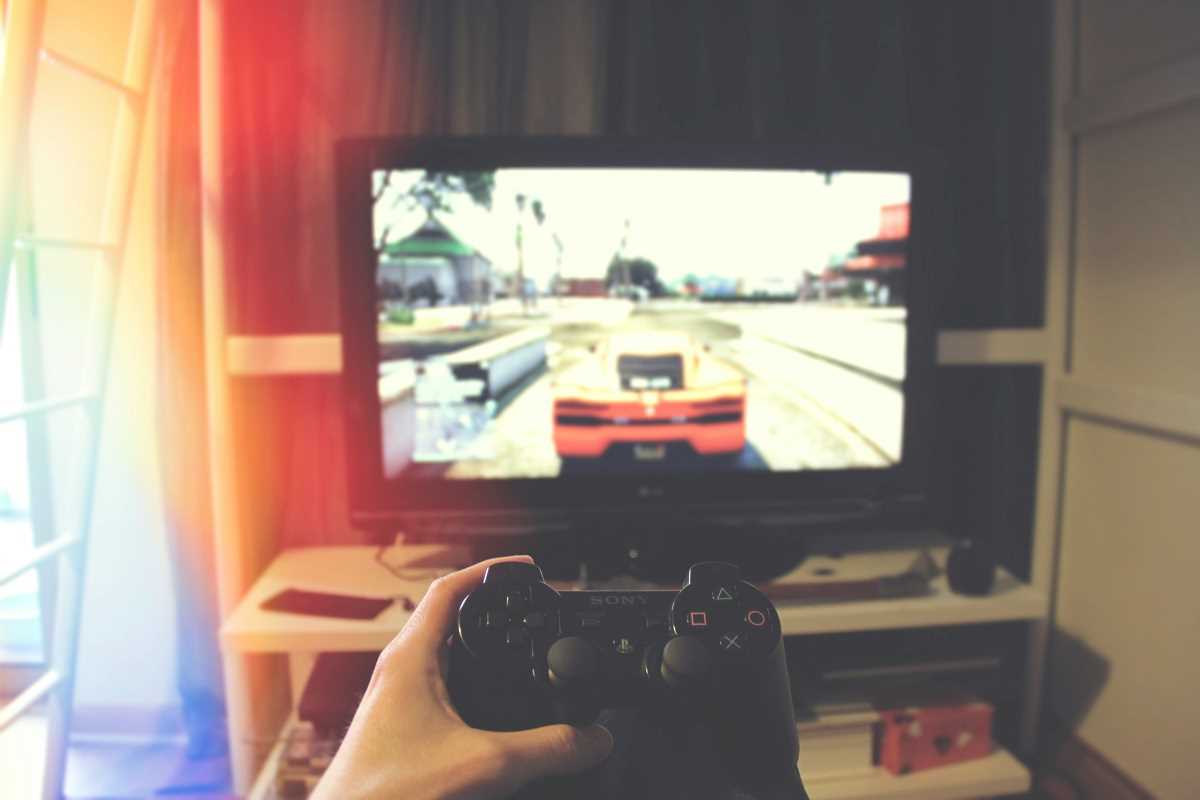 (Image via
(Image via